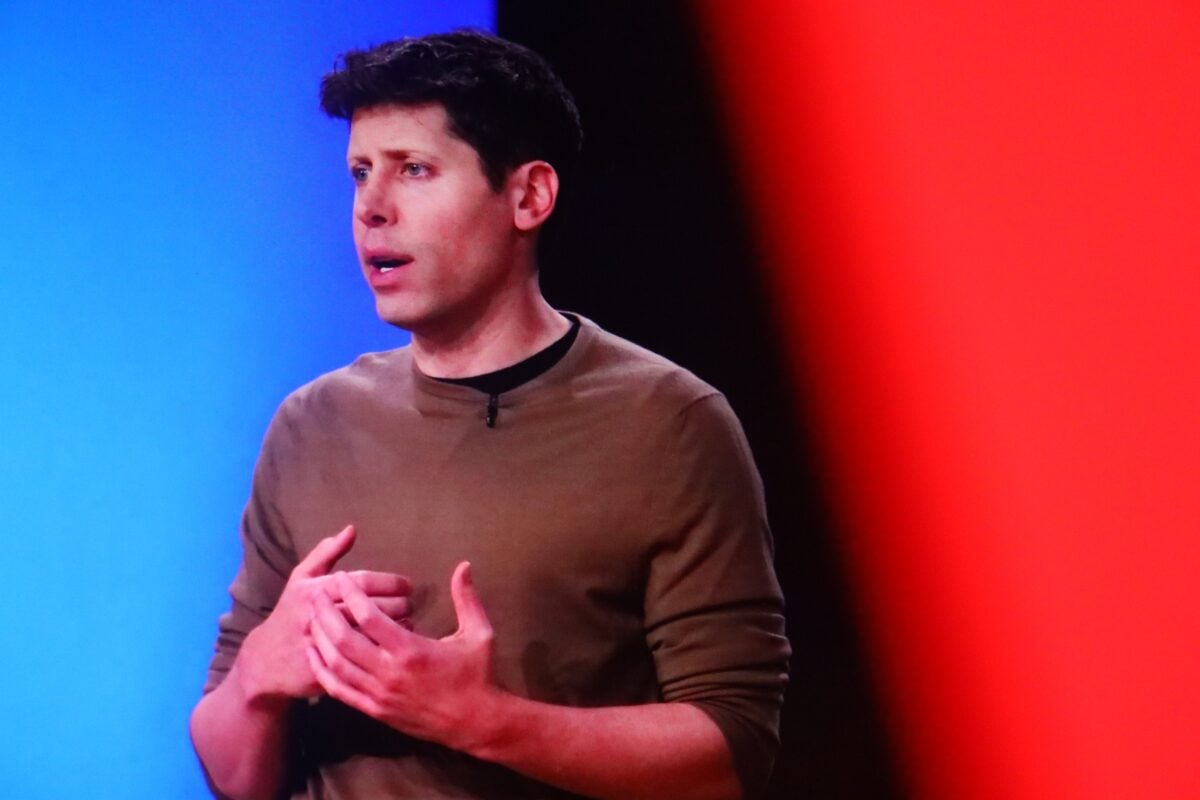TLDRs;
Contents
-
Sam Altman confirms some strain in OpenAI’s relationship with Microsoft during ongoing talks over stake and governance terms.
-
The partnership has evolved into a mix of collaboration and competition, complicating equity negotiations.
-
Microsoft’s early AI success heavily relies on OpenAI, making the outcome of these talks critical to its future strategy.
-
OpenAI’s recent break from Scale AI signals a broader push for independence amid shifting industry alliances.
OpenAI CEO Sam Altman has acknowledged growing strain in the company’s closely watched relationship with Microsoft, just as both sides engage in delicate talks over equity and long-term direction.
Speaking on a recent podcast hosted by the New York Times, Altman revealed he had spoken directly with Microsoft CEO Satya Nadella on June 24 to address the future of their partnership.
While Altman maintained that the collaboration has brought substantial benefits to both parties, he also noted that “in any deep partnership, there are points of tension.” That sentiment captures the evolving nature of a relationship once hailed as a model of tech synergy but now grappling with conflicting strategic goals.
From Strategic Partners to Strategic Rivals
Microsoft’s ties to OpenAI date back to a billion-dollar investment in 2019, which positioned the tech giant as OpenAI’s exclusive cloud provider and integrated OpenAI’s models into key Microsoft products like Bing and Azure. But the dynamic has shifted as both companies grow more assertive in the AI arms race.
Microsoft’s latest annual filings explicitly recognize OpenAI as a direct competitor in several domains, including search and news advertising. Behind the scenes, the two firms are renegotiating the terms of Microsoft’s investment, with sources familiar with the talks saying future ownership and governance are central points of debate. Reports from the Wall Street Journal and Financial Times suggest the discussions could stall if agreement isn’t reached on Microsoft’s stake size or strategic influence. Both companies have yet to issue formal statements on the matter.
Microsoft’s AI Momentum Rests on OpenAI Deal
The tension comes at a crucial time. Microsoft has publicly stated that its early lead in AI was made possible by the OpenAI partnership, with Nadella even crediting it for giving the company a “two-year head start” in AI development. The results are tangible: Microsoft currently leads the cloud AI space, capturing 45% of new enterprise use cases, well ahead of rivals like Amazon and Google.
That early advantage has pushed Microsoft to go all-in on AI, with plans to invest $80 billion in AI-enabled data centers by next year. The company is also undergoing a significant internal overhaul, including recent job cuts in sales, aimed at reshaping itself into an AI-first enterprise. Given that backdrop, the structure of its relationship with OpenAI carries enormous implications for Microsoft’s long-term strategy.
OpenAI’s Strategic Independence in Focus
Adding to the tension is OpenAI’s recent decision to cut ties with Scale AI following Meta’s acquisition of a large stake in the data-labeling firm. Though OpenAI claimed the move had nothing to do with Meta’s involvement, the timing fueled speculation that competitive maneuvering is influencing strategic decisions across the sector.
As OpenAI continues to evolve from a research lab into a commercial powerhouse, its once-straightforward alliance with Microsoft now resembles a complex entanglement of shared goals and diverging interests. The outcome of the ongoing negotiations could redefine one of the most influential relationships in the artificial intelligence landscape.


